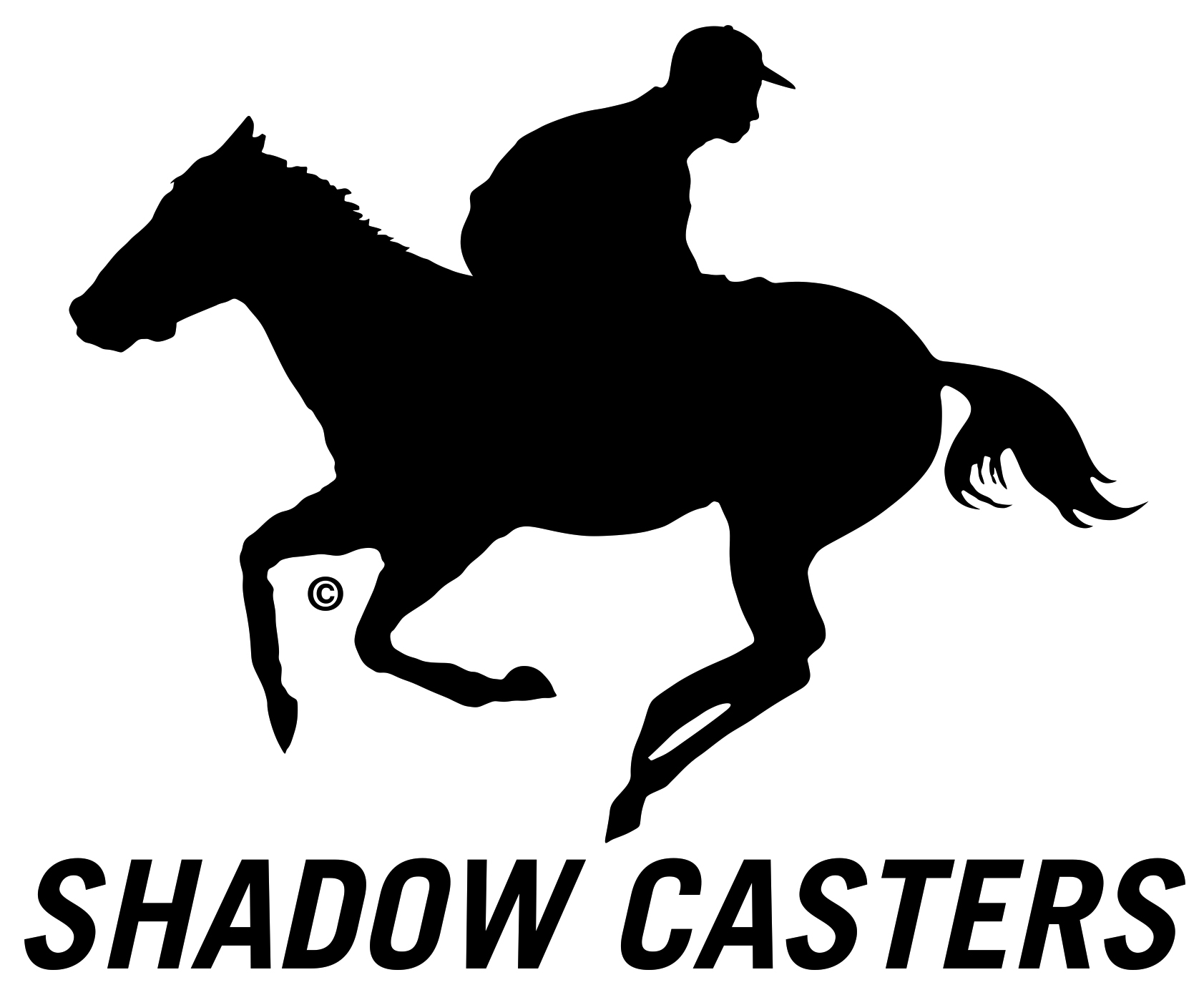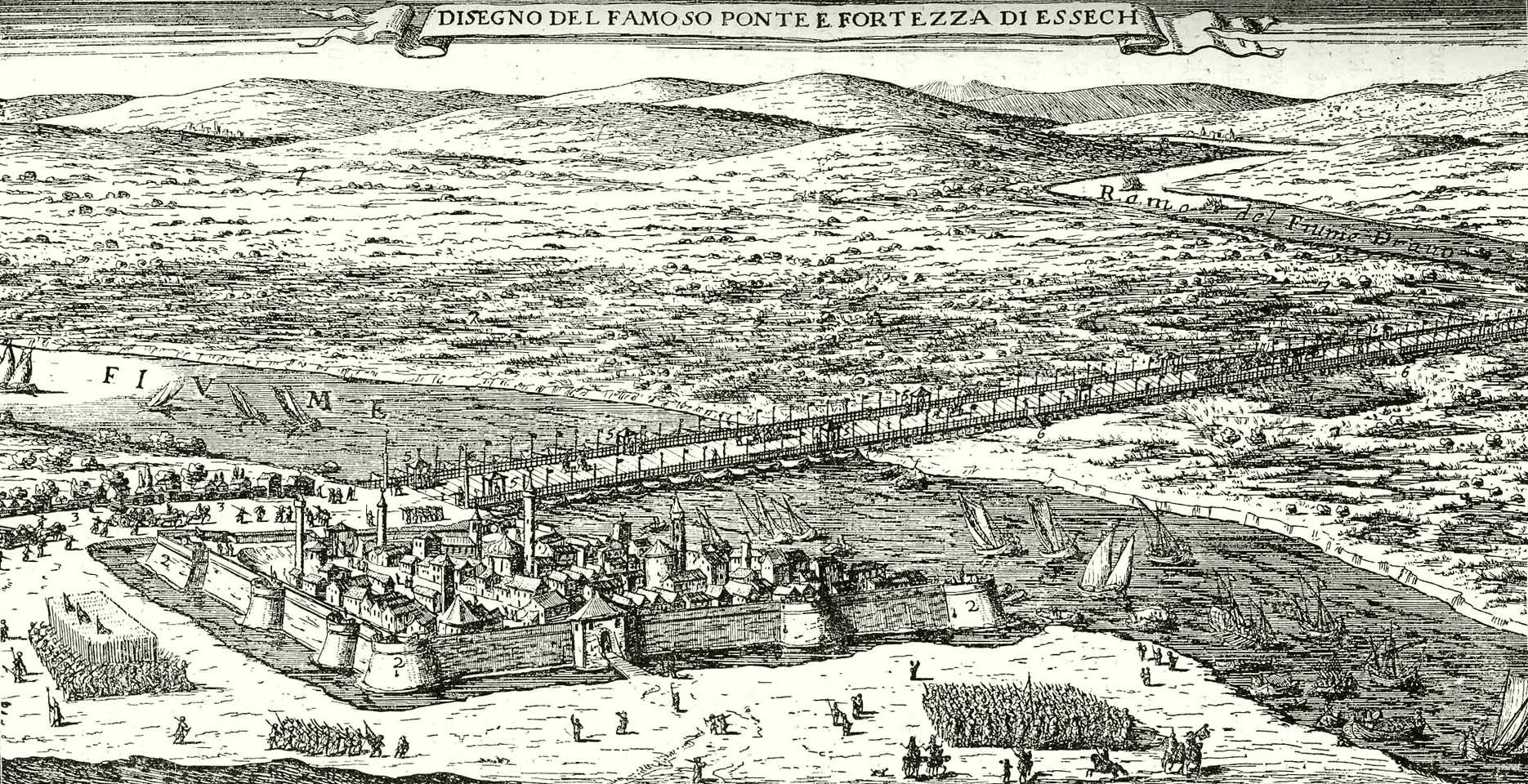|
Clubture
Clubture (or Clubture Network, officially in English: Union of non-profit organizations Clubture; in hr, Savez udruga Klubtura or short ) is a non-profit, inclusive, participatory network that works on gathering actors and strengthening collaboration between non-profit organizations in Croatia, founded in May 2002 in Zagreb. The network works towards achieving its goals through the exchange of cultural and artistic activities and programs across different parts of the country. It was formally registered on June 16, 2002. The network gathers over 50 active members, including Art Workshop Lazareti, Shadow Casters, Kontejner, ''Multimedia Institute'', QueerANarchive, Queer Sport Split, Skribonauti, Udruga za promicanje kultura Kulturtreger, Udruženje za razvoj kulture "URK", etc. Clubture Network participates in national, regional, and international projects, initiatives, and networks. It started running regional programs in 2004 with the aim of connecting independent cultural organ ... [...More Info...] [...Related Items...] OR: [Wikipedia] [Google] [Baidu] |
Shadow Casters
Shadow Casters ( hr, Bacači sjenki) is a non-profit organization from Zagreb (Croatia) working as an international artistic and production platform for interdisciplinary cooperations in intermedia arts in urban context. It was founded in 2002 by artists Boris Bakal and Željko Serdarević, with Katarina Pejović, Stanko Juzbašić, Vanja Žanko, Srećko Horvat, Sandra Uskoković, Leo Vukelić and other collaborators. Since 2006 they are a Clubture Network member. Shadow Casters initially started as a project of ''Orchestra Stolpnik'' in Bologna in 2001. As an organization it is focused on intercultural dialogue, creating projects and platforms for cultural exchanges between Croatian and international artists and art professionals, and questions concepts of individual and collective identity. Its projects encourage discussion about the nature and contradictions of the ongoing globalization processes and deals with social, political and cultural topics that point to important p ... [...More Info...] [...Related Items...] OR: [Wikipedia] [Google] [Baidu] |
Art Workshop Lazareti
The Art Workshop Lazareti ( hr, Art radionica Lazareti; ARL) in Dubrovnik, Croatia, is an independent cultural center for contemporary art and performing arts venue that hosts artists, theorists, writers, activists and promotes an active and investigative approach to contemporary art and culture, society, politics and its inter-relations. Its club also hosted wide range of programs from mainstream to alternative music programs. The Art Workshop Lazareti was established in 1988 and it is located in the old Dubrovnik harbour quarantine called Lazareti, built in 1642, immediately overlooking the Dubrovnik city beach and old harbour. The workshop has revitalized the historic building, which in 2002 had been included in the 2002 World Monuments Watch by the World Monuments Fund, and was subsequently restored. Art Workshop Lazareti was founded and managed by Slaven Tolj, prominent artist and later director of Museum of Modern and Contemporary Art in Rijeka. ARL is a founding member ... [...More Info...] [...Related Items...] OR: [Wikipedia] [Google] [Baidu] |
Slavonski Brod
Slavonski Brod (), commonly shortened to simply Brod, is a city in eastern Croatia, near the border with Bosnia and Herzegovina. Being one of the principal cities in the historical regions of Slavonia and Posavina, Slavonski Brod was the 7th largest city in the country, with a population of 59,141 at the 2011 census. It is the centre of Brod-Posavina County and a major river port on the Sava river. Names Although ''brod'' means 'ship' in modern Croatian, the city's name bears witness to an older meaning - 'water crossing', 'ford'. Among the names historically in use: ''Marsonia'' in the Roman Empire, ''Brood'' (in Slawonien) in the German speaking Austrian period, ''Brod na Savi'' after 1934. The ancient name "Marsonia" probably comes from the Proto-Indo-European word *mory (marsh), and the same root is seen in the nearby toponyms such as "Mursa" and "Mariniana". Geography The city is located southeast of Zagreb and at an elevation of . It developed at the strategically impor ... [...More Info...] [...Related Items...] OR: [Wikipedia] [Google] [Baidu] |
Organizations Based In Zagreb
An organization or organisation (Commonwealth English; see spelling differences), is an entity—such as a company, an institution, or an association—comprising one or more people and having a particular purpose. The word is derived from the Greek word ''organon'', which means tool or instrument, musical instrument, and organ. Types There are a variety of legal types of organizations, including corporations, governments, non-governmental organizations, political organizations, international organizations, armed forces, charities, not-for-profit corporations, partnerships, cooperatives, and educational institutions, etc. A hybrid organization is a body that operates in both the public sector and the private sector simultaneously, fulfilling public duties and developing commercial market activities. A voluntary association is an organization consisting of volunteers. Such organizations may be able to operate without legal formalities, depending on jurisdiction, including ... [...More Info...] [...Related Items...] OR: [Wikipedia] [Google] [Baidu] |
Plakat Za 14
The Siamese fighting fish (''Betta splendens''), commonly known as the betta, is a freshwater fish native to Southeast Asia, namely Cambodia, Laos, Myanmar, Malaysia, Indonesia, Thailand, and Vietnam. It is one of 73 species of the genus '' Betta,'' but the only one eponymously called "betta", owing to its global popularity as a pet; ''Betta splendens'' are among the most popular aquarium fish in the world, due to their diverse and colorful morphology and relatively low maintenance. Siamese fighting fish are endemic to the central plain of Thailand, where they were first domesticated at least 1,000 years ago, among the longest of any fish. They were initially bred for aggression and subject to gambling matches akin to cockfighting. Bettas became known outside Thailand through King Rama III (1788-1851), who is said to have given some to Theodore Cantor, a Danish physician, zoologist, and botanist. They first appeared in the West in the late 19th century, and within de ... [...More Info...] [...Related Items...] OR: [Wikipedia] [Google] [Baidu] |
Culture Action Europe
Culture () is an umbrella term which encompasses the social behavior, institutions, and norms found in human societies, as well as the knowledge, beliefs, arts, laws, customs, capabilities, and habits of the individuals in these groups.Tylor, Edward. (1871). Primitive Culture. Vol 1. New York: J.P. Putnam's Son Culture is often originated from or attributed to a specific region or location. Humans acquire culture through the learning processes of enculturation and socialization, which is shown by the diversity of cultures across societies. A cultural norm codifies acceptable conduct in society; it serves as a guideline for behavior, dress, language, and demeanor in a situation, which serves as a template for expectations in a social group. Accepting only a monoculture in a social group can bear risks, just as a single species can wither in the face of environmental change, for lack of functional responses to the change. Thus in military culture, valor is counted ... [...More Info...] [...Related Items...] OR: [Wikipedia] [Google] [Baidu] |
Rijeka
Rijeka ( , , ; also known as Fiume hu, Fiume, it, Fiume ; local Chakavian: ''Reka''; german: Sankt Veit am Flaum; sl, Reka) is the principal seaport and the third-largest city in Croatia (after Zagreb and Split). It is located in Primorje-Gorski Kotar County on Kvarner Bay, an inlet of the Adriatic Sea and in 2021 had a population of 108,622 inhabitants. Historically, because of its strategic position and its excellent deep-water port, the city was fiercely contested, especially between the Holy Roman Empire, Italy and Croatia, changing rulers and demographics many times over centuries. According to the 2011 census data, the majority of its citizens are Croats, along with small numbers of Serbs, Bosniaks and Italians. Rijeka is the main city and county seat of the Primorje-Gorski Kotar County. The city's economy largely depends on shipbuilding (shipyards " 3. Maj" and " Viktor Lenac Shipyard") and maritime transport. Rijeka hosts the Croatian National Theatre Iva ... [...More Info...] [...Related Items...] OR: [Wikipedia] [Google] [Baidu] |
Split, Croatia
)'' , settlement_type = City , anthem = '' Marjane, Marjane'' , image_skyline = , imagesize = 267px , image_caption = Top: Nighttime view of Split from Mosor; 2nd row: Cathedral of Saint Domnius; City center of Split; 3rd row: View of the city from Marjan Hill; Night in Poljička Street; Bottom: ''Riva'' waterfront , image_flag = Flag of the City of Split.svg , flag_size = 150px , flag_link = Flag of Split , image_seal = , seal_size = , image_shield = Coat of arms of Split.svg , shield_size = 90px , shield_link = Coat of arms of Split , image_map = , mapsize = , map_caption = Map of the Split city area. , image_map1 = , mapsize1 = , map_caption1 = , image_dot_map = , dot_mapsize ... [...More Info...] [...Related Items...] OR: [Wikipedia] [Google] [Baidu] |
Osijek
Osijek () is the fourth-largest city in Croatia, with a population of 96,848 in 2021. It is the largest city and the economic and cultural centre of the eastern Croatian region of Slavonia, as well as the administrative centre of Osijek-Baranja County. Osijek is located on the right bank of the Drava River, upstream of its confluence with the Danube, at an elevation of . Name The name was given to the city due to its position on elevated ground, which prevented the city being flooded by the local swamp waters. Its name "Osijek" derives from the Croatian word ''oseka'', which means "ebb tide". Due to its history within the Habsburg monarchy and briefly in the Ottoman Empire, as well as the presence of German, Hungarian, and Serbian minorities throughout its history, Osijek has (or had) its names in other languages, Осек/Osek or Осијек/Osijek in Serbian, Hungarian: ''Eszék'', german: link=no, Esseg or Essegg, tr, Ösek, la, Essek. It is also spelled ''Esgek''. Its ... [...More Info...] [...Related Items...] OR: [Wikipedia] [Google] [Baidu] |






.jpg)
